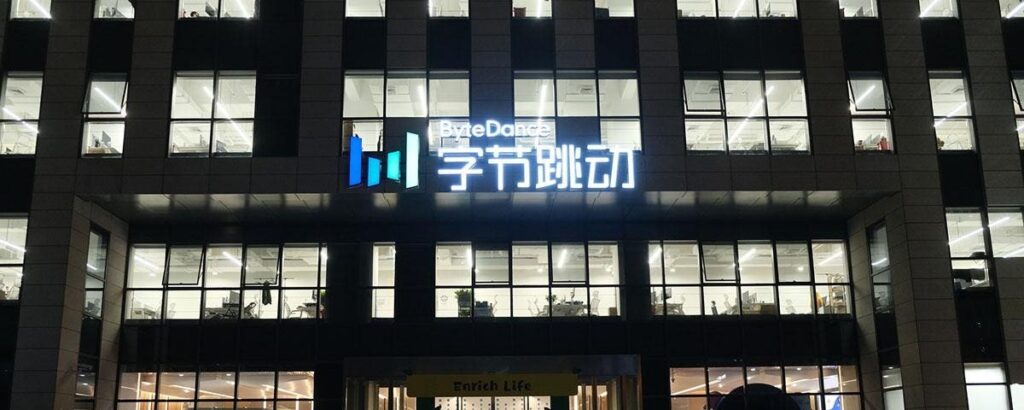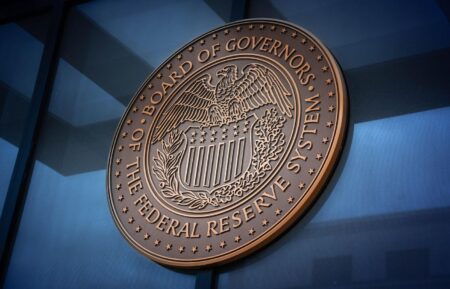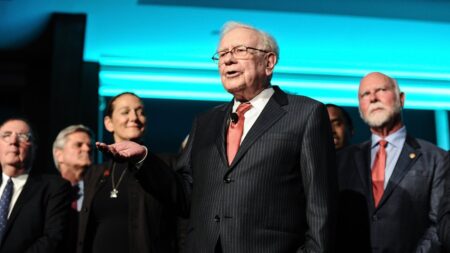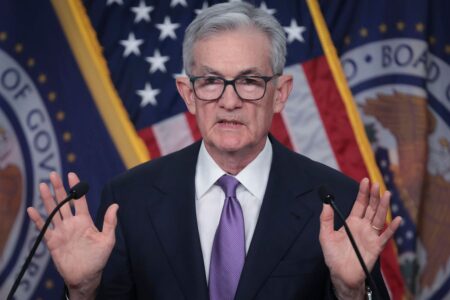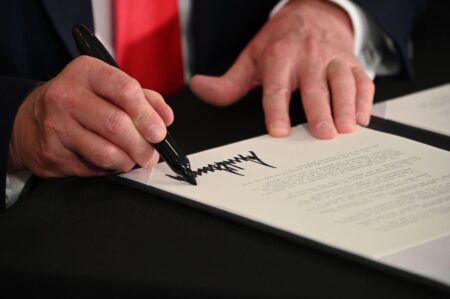Key News
Asian equities were mixed overnight as Hong Kong-listed growth stocks outperformed and India underperformed.
Yesterday, Hong Kong-listed growth stocks had a strong day, as the Hang Seng Index gained +1.75% and the Hang Seng Tech Index gained +2.59% following President Trump and President Xi’s Friday phone call that took place after Asia markets closed and before the US markets opened.
Vice President Vance and Elon Musk both met with China’s visiting Vice President Han Zheng, who is part of President Xi’s inner circle and a trusted advisor. This was in advance of Monday’s inauguration, which he attended. Chinese media and the Wall Street Journal are both reporting that President Trump wants to visit China during his first 100 days in office.
Geopolitics has kept US and global institutions from allocating to China lately. While these CFAs and MBAs know they should be buying low-valuation Chinese stocks, their boards and trustees receive their China news from Western media sources that are always negative due to the previous administration. The fast money crowd is unencumbered by the constraint of non-financial professionals and many are already involved, based on the SEC 13Fs of several prestigious hedge funds (yes, these are on a lag so we can’t say for certain). Except for this type of investor, US investors’ allocations to China are non-existent!
US-listed China equity ETFs have seen moderate redemptions month-to-date and for the last 3 months despite decent performance. Yes, there will be volatility. Yes, higher tariffs on subsidized goods such as solar panels and electric vehicles (EVs) are likely. But, broad, 60% tariffs from a President who was elected because of high inflation? I don’t think so. Aren’t there strong indications already Trump and Xi can make a mutually beneficial deal? I think so! FX traders appear to agree as the Renminbi has appreciated versus the US dollar.
We’ve been speaking about JD.com benefiting from the expansion of consumer subsidies to electronics, which are their specialty. JD.com gained +7.3% yesterday on a broker upgrade and another +0.64% today.
Real estate was the top-performing sector in Mainland China, where it gained +1.89% and Hong Kong, where it gained +1.71%. Developer Country Garden gained +17.53% in Hong Kong after it resumed trading. Developer Sunac gained +3.75% after restructuring an onshore bond. Meanwhile, state-owned developer Vanke gained +9.09% in Hong Kong and +7.45% in Mainland China after reporting that it will make an upcoming interest payment and news of support from its hometown local government of Shenzhen. Remember the stocks and the sector are now tiny, as we prefer the bonds over the stocks, due to the tasty yields.
Tencent was off -0.62% overnight on profit taking after Monday’s gain of +2.63%. Technology hardware, semiconductor names, and the Apple supply chain ecosystem benefitted from reports that Apple will lower its iPhone price to qualify for the subsidy and China’s government’s focus on assisting local semiconductor companies following the Biden administration’s export controls.
Mainland stocks were far less enthusiastic, as Hong Kong posted small gains despite Premier Li presiding over a meeting of All-China Federation of Industry and Commerce in order to hear “opinions and suggestions”.
After the close, President Xi spoke with President Putin. Mega cap banks, energy, liquor and telecom were all off while brokers, semiconductors, hardware, and communication services outperformed.
After the close, CATL reported preliminary revenue between RMB 356B and RMB 366B, which was lighter than the estimate of RMB 374B and 2024 preliminary net income RMB 49B to 53B, which would represent an increase of +11.1% to 20.1%, year-over-year (YoY).
I have been skeptical of the TikTok saga based on a conversation back in 2019 when Congress first introduced the idea of the Holding Foreign Companies Accountable Act (HFCAA), i.e. forcing audit reviews by threatening to delist China-based American depositary receipts (ADRs), or US-listed China stocks. Russian roulette with investor capital seemed a bit aggressive since the stocks’ shareholders were US and global investors. In speaking to a friend involved in the ADR capital markets at that time, I asked what he thought would happen to the ADRs. He stated that nothing would happen, which struck me as surprising considering the media attention the topic was receiving. I pressed why nothing was going to happen, and he replied, “Because money rules the world, and there is more money to be made by keeping them than there is to be made by delisting them.” There was quite a bit of volatility, though ultimately, he was right.
Similarly, I didn’t believe a ban of TikTok would occur, based on the inconvenient truth that TikTok’s parent Bytedance is owned by Americans. US and global private equity funded the company. Who funds those firms? Potentially your alma mater’s endowment, or your favorite charities’ foundation or big US pension funds! Below is ByteDance’s board. Do these people look like “foreign adversaries”?
Embarrassingly, the Western media parroted this narrative to garner eyeballs on TV screens, newspapers articles and internet articles. It shows how little research is being done by the media at times. I believe Big Government and Big Media are closely aligned with one another as the two need one another to justify their existence. I don’t think the new President believes either are necessary. Yes, TikTok will likely be sold as these Western investors want to monetize their investment i.e. get out. An IPO makes more sense to me to maximize value, but we shall see. Trump has suggested a 50/50 joint venture as a viable solution.
The Hang Seng and Hang Seng Tech indexes gained +0.91% and +2.14%, respectively, on volume that decreased -8.30% from yesterday, which is 109% of the 1-year average. 308 stocks advanced while 169 stocks declined. Main Board short turnover decreased -16.06% from yesterday, which is 125% of the 1-year average, as 18% of turnover was short turnover (Hong Kong short turnover includes ETF short volume, which is driven by market makers’ ETF hedging). The growth factor and small caps gained more than the value factor and large caps. The top-performing sectors were Technology, which gained +3.17%, Real Estate, which gained +1.69, and Consumer Staples, which gained +1.34%. Meanwhile, Energy and Communication Services both fell -0.30% and were the worst-performing sectors. The top-performing subsectors were chip localization, semiconductors, and technology hardware. Meanwhile, building materials, the chemical industry, and petrochemicals were among the worst-performing subsectors. Southbound Stock Connect volumes were at 1.5X pre-stimulus levels, as Mainland investors bought a net $197 million worth of Hong Kong-listed stocks and ETFs, including Semiconductor Manufacturing International (SMIC), which was a moderate net buy, ZTE, Weimob, Tencent, and Alibaba. XPeng, Xiaomi, Meituan, and CNOOC were small net sells.
Shanghai, Shenzhen, and the STAR Board diverged to close -0.05%, +0.25%, and +0.83%, respectively, on volume that increased +1.82% from yesterday, which is 111% of the 1-year average. 1,891 stocks advanced while 3,093 stocks declined. The growth factor and small caps outperformed the value factor and large caps. The top-performing sectors were Real Estate, which gained +1.88%, Technology, which gained +1.64%, and Consumer Discretionary, which gained +0.92%. Meanwhile, the worst-performing sectors were Energy, which fell -0.70%, Materials, which fell -0.35%, and Consumer Staples, which fell -0.21%. The top-performing subsectors were communication equipment, leisure products, and electronic components. Meanwhile, education, steel, and highways were among the worst-performing subsectors. Northbound Stock Connect volumes were just above average. CNY and the Asia Dollar Index were slightly lower versus the US dollar. Treasury bonds fell. Copper fell while steel rose.
New Content
Read our latest article:
2025 China Outlook: A Recipe For Re-Rating
Please click here to read
Live Webinar
Join us on Thursday, January 23, 2025 at 10 am EST/15:00 GMT/16:00 CET for:
2025 China Outlook: The Impact of Policy Reform, and US-China Relations
Please click here to register
Last Night’s Performance
Last Night’s Exchange Rates, Prices, & Yields
- CNY per USD 7.28 versus 7.27 yesterday
- CNY per EUR 7.56 versus 7.56 yesterday
- Yield on 10-Year Government Bond 1.65% versus 1.67% yesterday
- Yield on 10-Year China Development Bank Bond 1.68% versus 1.69% yesterday
- Copper Price -0.04%
- Steel Price 0.00%
Read the full article here







